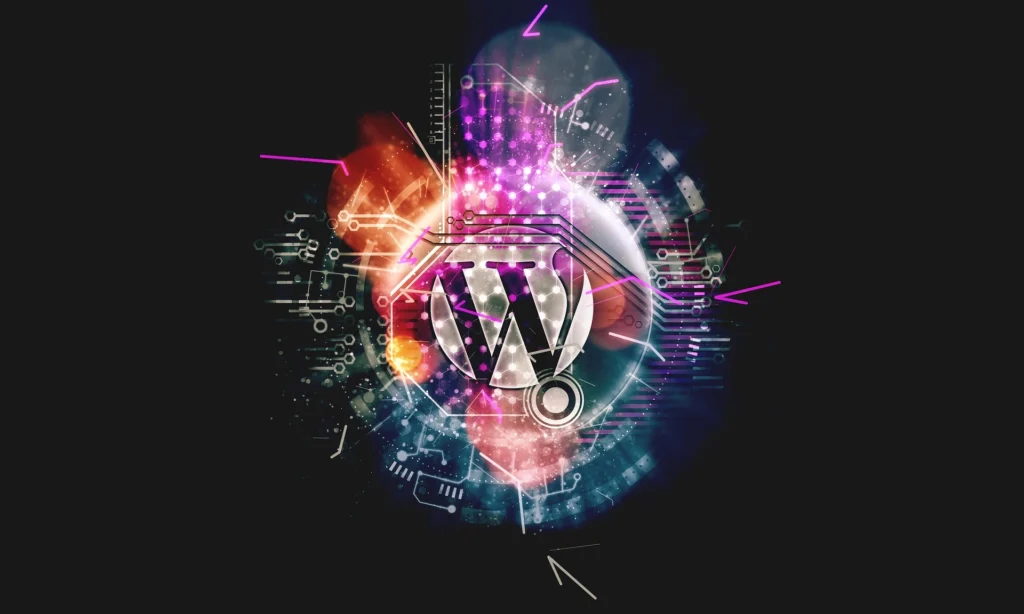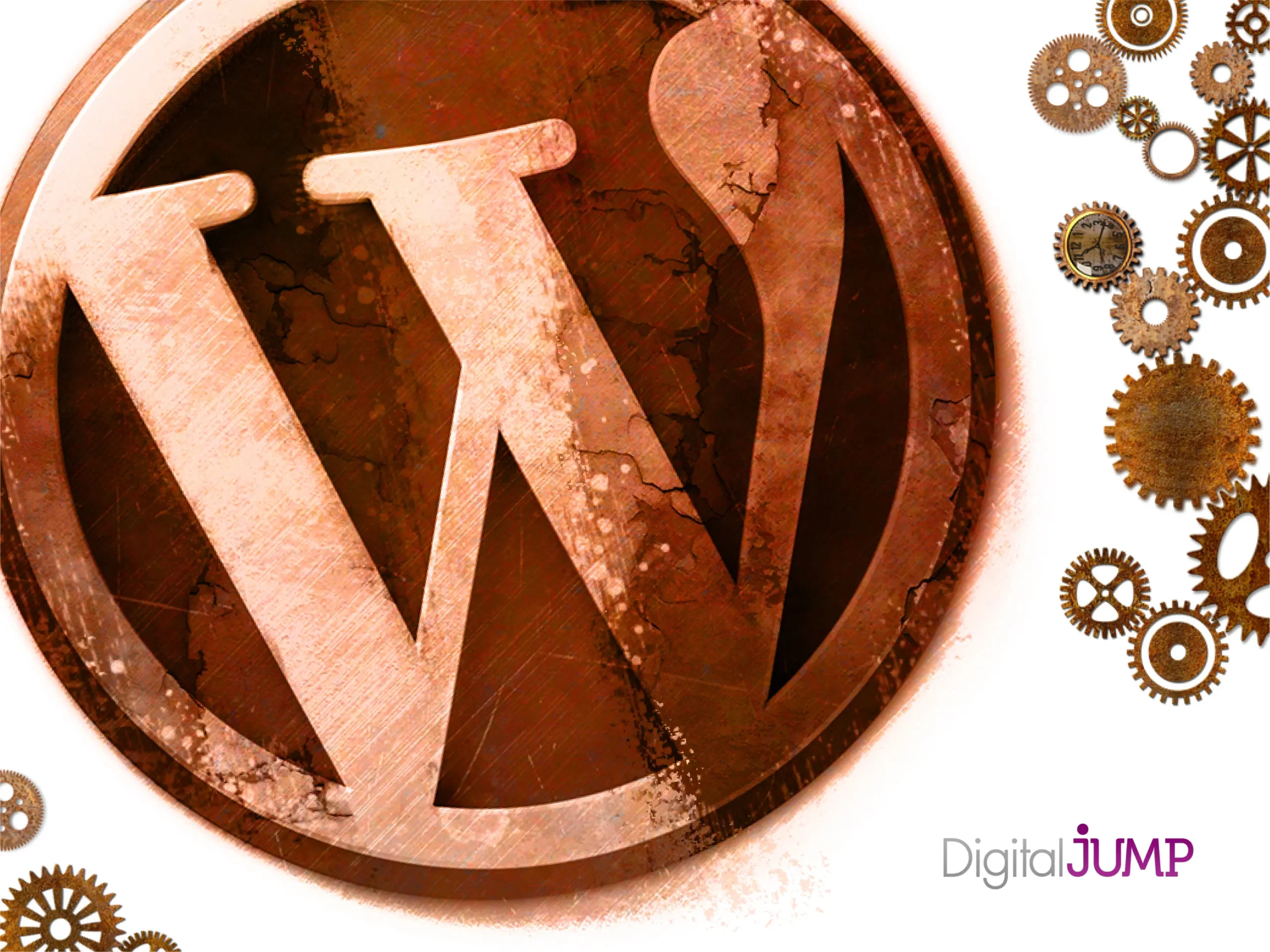WordPress is the most popular content management system (CMS) in the world, but also one of the most exposed to computer attacks. According to a Sucuri study, 90% of infected websites in 2018 were WordPress. This is because many users do not follow good security practices, such as keeping software updated, using strong passwords, or installing trusted plugins.

In this article we are going to review some of the most common WordPress vulnerabilities and how to solve or prevent them.
- Web hosting service:
It is the service that allows your website to be available on the Internet. If you choose cheap hosting, you may run into configuration, performance, or security issues. For example, if the server where your website is hosted is not well isolated from other websites, an attack on one of them could affect yours. It may also happen that the server is blacklisted for hosting fraudulent or spam websites.
Solution: You should choose a web host that offers guarantees of security, speed and support. It is necessary to review opinions from other users and compare the features and prices of different options. You can also opt for specialized WordPress hosting, which will offer you an optimized and updated installation of the CMS. At Digital JUMP we have always used Hostinger and we believe it is one of the best services you can opt for. - Weak logins and passwords:
Access to the WordPress administration panel is one of the most critical points for the security of your website. If a hacker manages to break into your account, they can modify or delete your content, install malware, or steal sensitive information. To avoid this, it is important that you use a secure username and password that are not easy to guess or crack. You should also avoid using the same username and password for other services.
Solution: NEVER use a username like “admin” or “root.” You should opt for a more personalized one and create a strong password, containing upper and lower case letters, numbers and symbols. You can use a password generator or password manager to create and store your credentials. You can also limit the number of failed login attempts, use two-factor authentication, or change the admin panel URL. - Outdated WordPress, themes or plugins:
WordPress is software that is constantly updated to improve its functionality, performance and security. The same goes for the themes and plugins you install on your website. If you don’t update them regularly, you can leave your website vulnerable to exploits that take advantage of known vulnerabilities.
Solution: It is necessary to periodically check if there are updates available for WordPress, the themes and plugins you use. It can be done from the administration panel. Before updating, a backup of your website is required in case something goes wrong. You can also use a plugin like WPScan to scan your website for vulnerabilities or use plugins or use online tools that can help you detect these problems, such as https://web-check.xyz/.
At Digital JUMP we have worked with WordPress since we were born and we are proud to know that we have never suffered any hacks on our clients’ websites; This thanks to the monitoring of the good practices that we carry out. If you are interested in our maintenance service for WordPress, do not hesitate to contact us!


